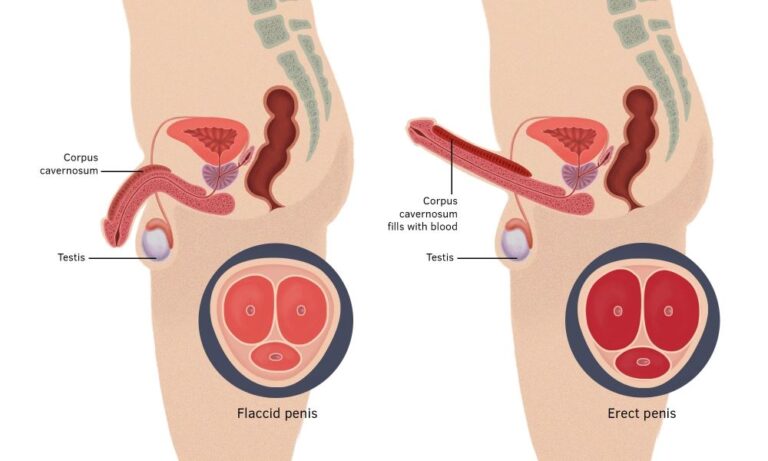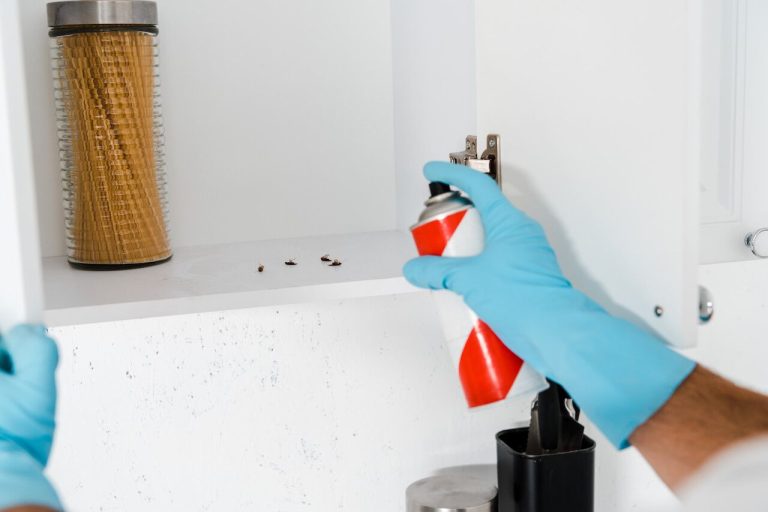
Physiotherapist sticking tape on female patient in clinic
Your shoulder is your body’s most movable but least stable joint. Although this joint enables you to move your upper limbs in various directions in front, behind, and above, the fact that it is required for numerous routine activities renders it susceptible to injury. A rotator cuff tear may happen due to an acute injury or overuse, with symptoms ranging from discomfort and trouble raising your arm to shoulder weakness and loss of mobility. However, this condition may also exist without causing any symptoms. Thus, if you suspect a rotator cuff tear in West Chester, you should consult highly skilled orthopedic surgeon Dr. Ronald Hess. At Beacon Orthopedics & Sports Medicine, Dr. Hess and his staff offer professional diagnosis and quality care for rotator cuff tears. Schedule a consultation through mobile or book online.
Here are the common risk factors of rotator cuff tears:
Age
With age, the risk of rotator cuff tears grows, becoming more prevalent past 35 years of age. People in their 60s and 70s, on the other hand, are more likely to suffer degenerative rotator cuff tears as their muscles wear down from repeated use.
The link between age and a heightened danger for rotator cuff tear could be due to a reduced blood supply to one’s tendons that may happen as you get older. Once you lack a healthy blood flow, your body’s capacity to repair tendon injury is hampered; thus, accelerating damage caused by wear and tear.
Sports
A rotator cuff tear is more likely to occur in sports requiring repeated action or force on the shoulder. This condition is more common in rowers, tennis and volleyball players, surfers, and weightlifters.
Additionally, rotator cuff tears are prevalent amongst baseball players, especially pitchers. In pitching, throwing, and hitting, they place a huge amount of force on the rotator cuff. For this reason, they are highly likely to experience shoulder injuries, particularly rotator cuff tears.
Occupation
A rotator cuff injury is more likely if you work in specific vocations. Excessive usage of the shoulder on a routine basis can create tiny tears in the rotator cuff. These minor tears weaken the affected muscles, rendering them more vulnerable to major tears. Some of the common occupations that may increase your danger of a rotator cuff tear include carpentry, painting, construction work, and firefighting.
Traumatic Injury
Most rotator cuff injuries in young people are caused by traumatic injury. A traumatic event, like a fall, might put excessive stress on the rotator cuff, causing it to rupture.
A rotator cuff tear is more probable to occur in injuries where you fall on an extended arm. Even a modest fall might induce a rotator cuff tear if your rotator cuff is already prone to tears due to aging or degenerative wear and tear.
Family History
Although it is yet proven, genetics may raise your susceptibility to suffer a rotator cuff tear. Some research shows that individuals with a close relative or family member with the condition tend to experience the problem as well.
Do not allow shoulder pain to dictate your life or keep you from engaging in the activities you love. At Beacon Orthopedics & Sports Medicine, Dr. Ronald Hess and his expert team provide a wide range of conservative care options for rotator cuff tears, including heat & ice therapy, activity modification, and more. If these options fail to offer you the relief you need, Dr. Hess can conduct surgery. To explore your care options and find one that works for you, call the office or use the online scheduling tool to request an appointment online.





